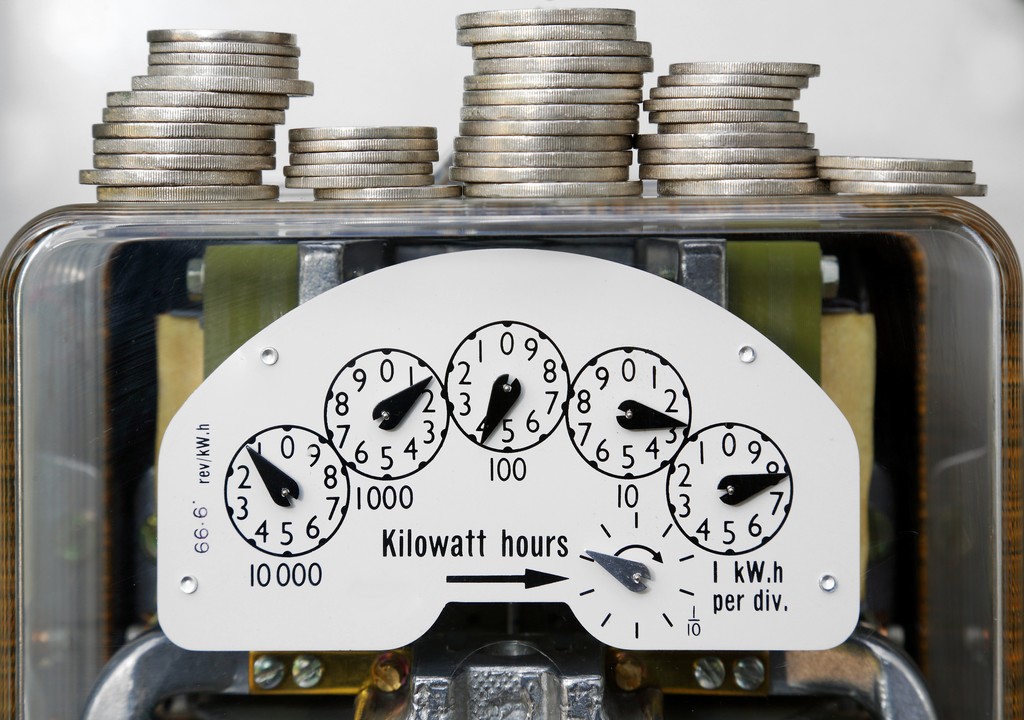RCOA scheme continues, mandatory provision under review
- January 19, 2017
- 0

The Department of Energy (DOE) and Energy Regulatory Commission (ERC) will coordinate on the high court order to justify the RCOA policy that, according to the Philippine Chamber of Commerce and Industry (PCCI), limits the big power consumers’ choice of suppliers.
“As to the SC order, we will coordinate with our Legal Services. We may also coordinate with ERC to discuss the recent developments,” DOE Undersecretary Felix William Fuentebella said.
PCCI asked the SC to issue a temporary restraining order (TRO) to stop the new DOE and ERC orders – that supposedly run contrary to the goal of the RCOA as choices are limited to only 23 retail electricity suppliers (RES) accredited by the ERC.
The scheme will also violate the Republic Act 9136 or Electric power Industry Reform Act (EPIRA) as it will lead to higher electricity prices to ordinary consumers and will have a negative impact on economy.
The DOE said that the February 26 deadline for the RCOA transition will still push through, but making in mandatory is still being reviewed.
“As to the effective date of the mandatory contestability for one megawatt and up by 26 Feb 2017, we are doing an internal quick survey and validation on which CCs do not have RES,” Fuentebella said. “We want to gather more data by meeting the potential CCs which do not have yet RESs to know the reason why they still do not have RES.”
In the RCOA regime, end-users that are part of the contestable market are given the freedom to choose their electricity supplier to foster competition in the generation and supply sector.